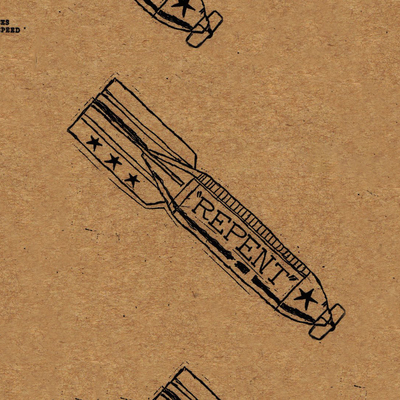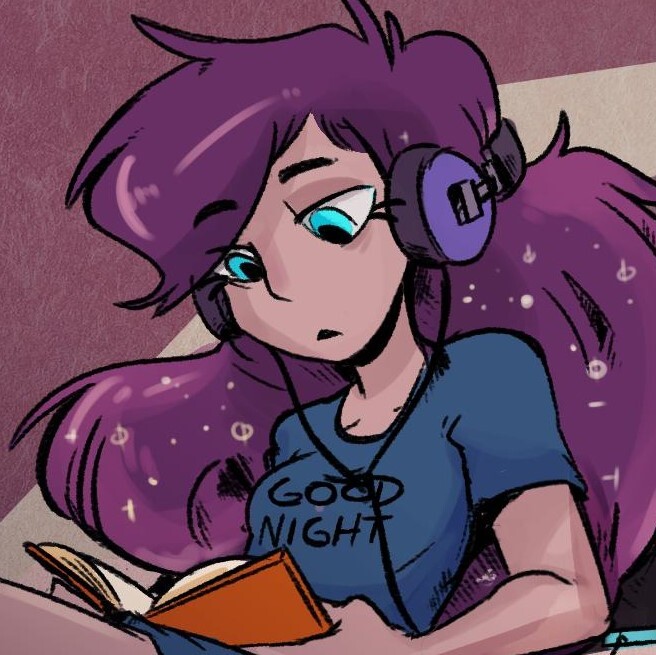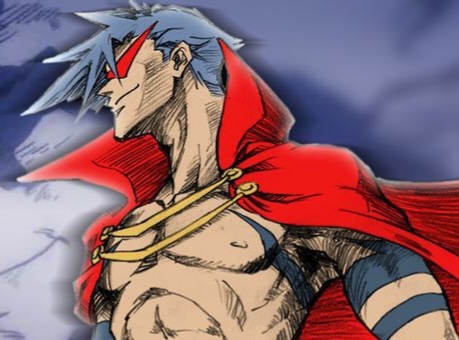I like how words like "dictator" are apparently just descriptors of vibes and not anything specific.
:fidel-bat:
Edit: Also who tf supports Pol Pot? Except the US of course.
Mao did as well unfortunately. A 1975 conversation record of Chairman Mao Zedong’s meeting with Pol Pot:
Pol Pot: We are very glad to do so, we are very happy to meet the Chairman.
Chairman Mao: Your fighting, WAR, political, military, economic, foreign policies and the united front–I won’t talk about it. I agree with what he says, he said you were right.
Pol Pot: Thank you. It warms our hearts to hear the Chairman say so.
Chairman Mao: We approve of what you do. Much of your experience is better than ours. China is not qualified to criticize you. We committed errors of the political lines for ten times in fifty years—some are national, some are regional (The mistakes made by) Chen Duxiu, Qu Qiubai, Li Lisan, and Luo Zhanglong had nothing to do with the Soviet Union. (Those made by) Wang Ming, Zhang Guotao, Gao Gang, Peng Dehuai, Liu Shaoqi, and Lin Biao involved the Soviet Union. They opposed us and divided the party, but they all failed. The party remained undivided and they were excluded. Thus I say that China has no qualification to criticize you, and can only agree with you. You are basically correct. I am not sure whether you have any shortcoming. There are bound to some and you’ll rectify by yourself. RECTIFICATION.I won’t talk about all these. Let this fellow surnamed Deng do it.
As the Vietnam War developed, China increasingly voiced its disapproval of North Vietnamese collaboration with the Soviet Union, which enhanced Chinese fears of a larger Soviet encirclement policy directed against China. The feeling amongst the Chinese was that, ‘if Vietnam was not against Moscow, it was against China’. Vietnamese reliance on the Soviet Union, and an increase in Soviet-Vietnamese cooperation, led to a further deterioration in both the Sino-Soviet and Sino-Vietnamese relationships.From as early as 1969, China began to reassess its policy towards the US. By engaging in Sino-American rapprochement, China could use the US to balance the Soviet threat. At the same time, a newly-elected President Nixon was beginning a similar reassessment of the Sino-American relationship. US rapprochement with China would engage the latter in balancing the Soviet Union, and would help to reduce US presence in Vietnam.
The Khmer Rouge began to assume a greater role in Chinese foreign policy between November 1973 and April 1974. China was concerned with increased Soviet aid to the Vietnamese, and saw enhanced relations with Cambodia as a means to balance a Soviet-aligned Vietnam. Enhanced relations between China and Cambodia were realized in a May 1974 agreement, which provided the Khmer Rouge with free military equipment and supplies. In April 1975, Cambodia negotiated a Chinese military aid package of 13,300 tons of weapons. By mid-September, ‘China was prepared to extend to Cambodia a total of US$1 billion in interest-free economic and military aid, including an immediate $20 million gift’. This was reportedly ‘the biggest aid ever given to any one country by China’.
The Sino-Vietnamese border war was fought in three stages, beginning on 17 February, and ending with a complete withdrawal on 16 March. It involved 400,000 Chinese troops, and was the largest People’s Liberation Army (PLA) military operation undertaken since the Korean War. The attack caught Hanoi off-guard, forcing them to resist the Chinese advance whilst requesting immediate aid from Moscow. The Chinese claimed the war to be a victory, with more than a dozen border cities captured and 57,000 Vietnamese soldiers wounded or killed. The Vietnamese claimed they lost several cities, but only after killing and wounding 42,000 Chinese troops. However, the PLA were willing to absorb heavy losses, as long as the conflict achieved its strategic goals. The PLA believed these goals had been achieved, and that the war had succeeded in ‘exposing Moscow’s inability or unwillingness to back Vietnam’.
When I made the comment I honestly forgot about China's support, more so remembering that the US supported them. It's one thing that always makes me angry when people talk about the victims of communism they always trot out Pol Pot, when he was supported by the United States and deposed by the Vietnamese.
Is tankie even grammatically correct? Shouldn't the singular of the word be tanky with a Y?
Fucking anticommunists literally can't get anything right.
Is tankie even grammatically correct?
It's too late to fix now that ship sailed in the fifties.
Ah yes the famed “tankie” and their eternal foe; the anarcho-bidentist who supports Al-Qaeda in Syria, Ukrainian nazis, Tibetan slavers, the US state department, the Qatari government, and every Latin-German exile with a bank account
The people who yell at you for not liking the lesser of two evils cannot comprehend what "critical support" means.
Funny how supporting Pol Pot is one of the main criticisms contemporary MLs voice about Mao and they still try to claim we support him.









